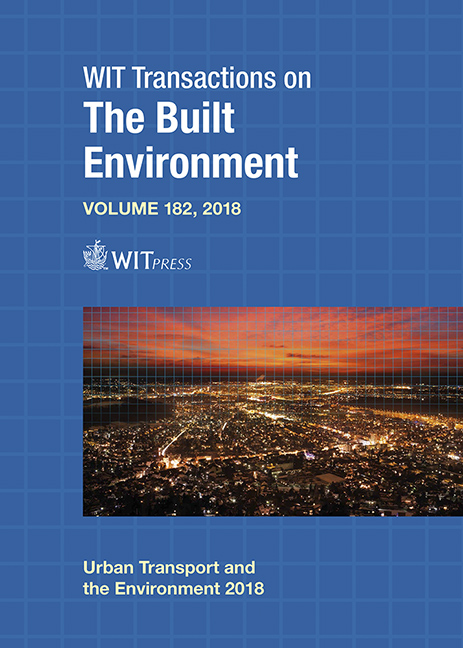DEMAND-SIDE INNOVATION POLICIES AND THE PLANNING OF THE PUBLIC TRANSPORTATION SYSTEM IN THE CITY OF CURITIBA (STATE OF PARANÁ, BRAZIL)
Price
Free (open access)
Transaction
Volume
182
Pages
10
Page Range
219 - 228
Published
2019
Paper DOI
10.2495/UT180211
Copyright
WIT Press
Author(s)
MARIANO DE MATOS MACEDO, MÁRCIA DE ANDRADE PEREIRA BERNARDINIS
Abstract
The aim of this article is to analyze demand-side innovation policies in urban planning strategies. The article provides an example by evaluating the actions involved in the public transport system adopted by the Municipal Government of Curitiba in Paraná State, Brazil, in the mid nineteen seventies when the Express Bus System (Bus Rapid Transport – BRT) was technically specified, ordered, developed and implemented. It was made compatible with the urban design of a new road system and norms for the use of urban land for the city (Trinary System). In this context, the Express Bus was an innovative solution, as the buses in the city up to that time were known as “truck buses”, i.e., a truck chassis with the bodywork of a bus. For the businessmen who operated Curitiba’s bus companies, this solution would mean purchasing new buses with completely new models and characteristics. This article discusses the theoretical aspects relative to innovation policies (supply side and demand-side), the urban design of the Trinary System and the technical specification process of the Express Bus.
Keywords
innovation, demand-side innovation policies, planning of the public transportation system, Curitiba (State of Paraná Brazil)





